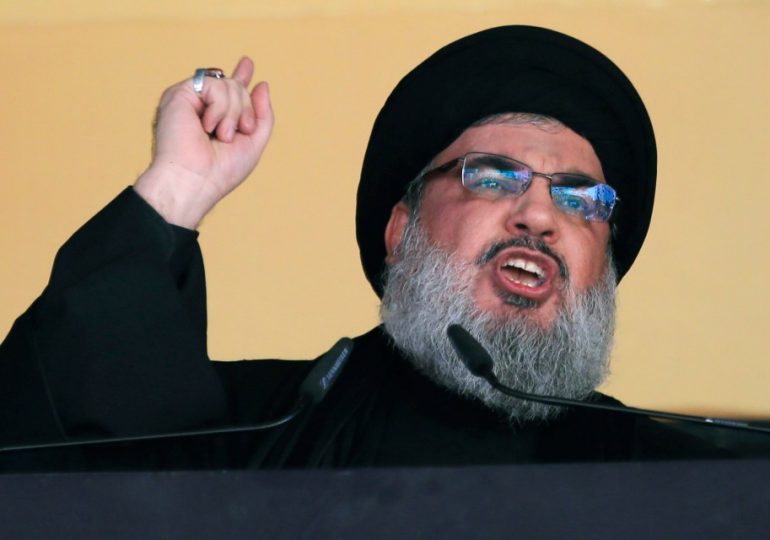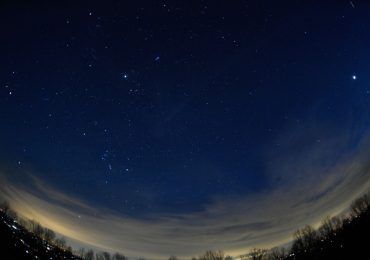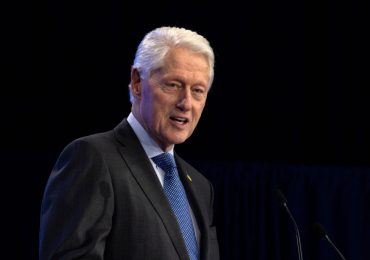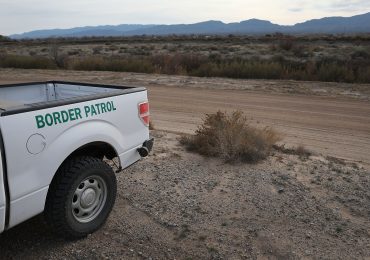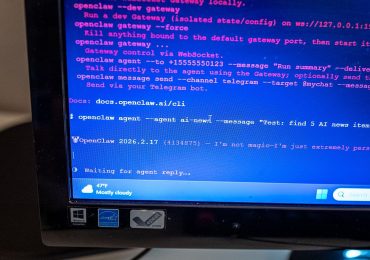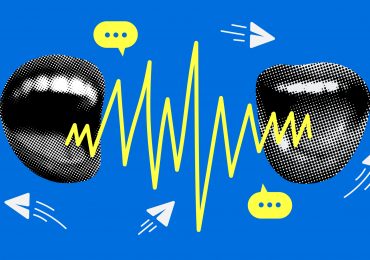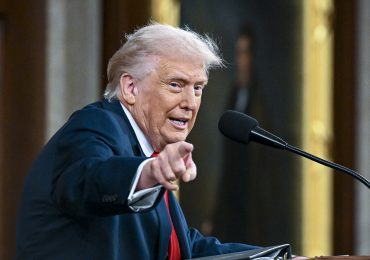ISRAEL blitzed the command bunker of Hezbollah’s terror boss with more than 80 bombs in a last minute operation, a report claims.
Hassan Nasrallah was killed last night when Israel hammered a suburb of Beirut with dozens of airstrikes targeting the group’s HQ.
APHezbollah leader Sheik Hassan Nasrallah was killed in the blitz[/caption]
X @thisislebnewsFootage caught Israel bombing the suburb[/caption]
EPAThe strikes destroyed the Hezbollah bunker[/caption]
RexPM Netanyahu approved the attack[/caption]
RexIsraeli Defense Minister Yoav Gallant watches the operation unfold with top brass[/caption]
Israeli strikes ripped through the 64-year-old terror chief’s underground bunker – eliminating the firebrand Secretary-General after a 32-year reign.
The New York Times has now reported Israeli leaders decided to take the gamble as they believed they only had a short window to kill Nasrallah.
Their intelligence said Nasrallah would disappear to a different location and they would not get a second chance.
The IDF then pounded the suburb of Dahieh with 80 bombs over just several minutes in the late afternoon.
The bunker reached 50m underground and held a number of other senior members of the group.
Officials told the paper that a cousin of Nasrallah’s, Hashem Safieddine, is one of the few remaining key players and is likely to become Hezbollah’s next leader.
The blitz also wiped out Ali Karki, the Commander of Hezbollah’s Southern Front and Muhammad Ali Ismail, the commander of Hezbollah’s missile unit, according to the IDF.
A senior member of Iran’s Revolutionary Guards, deputy commander Abbas Nilforoushan, was also killed, Iranian media reported.
Over the past 11 months, Israel has eliminated nearly all of the terrorist top brass.
Israeli PM Benjamin Netanyahu personally signed off the attack while in New York for the UN General Assembly.
Israeli Defence Minister Yoav Gallant watched the operation unfold with military top brass.
Lebanses officials later reported 11 people were killed and 108 injured in strikes on Friday which killed Nasrallah.
They added that that nearly 800 people have been killed in Israeli strikes in Lebanon since Monday.
US President Joe Biden said today the killing of Nasrallah was a “measure of justice” for his many victims.
EPASmoke has continued to rise in the southern suburbs of Beirut today[/caption]
He said: ” The United States fully supports Israel’s right to defend itself against Hezbollah, Hamas, the Houthis and any other Iranian-supported terrorist groups.”
Footage yesterday showed Israel striking the suburb with a series of huge, loud blasts that sent mushroom clouds erupting into the sky.
It was not initially clear if Nasrallah was killed, Hezbollah confirmed today that he had indeed died.
Nasrallah has been in hiding for years amid increasing tensions with Israel with him rarely being seen in public.
His last national appearance followed the deadly pager and walkie-talkie blasts earlier this month.
The death is another watershed moment in the 11-month long war that has seen thousands killed and hundreds of thousands displaced from their homes.
IDF chiefs have also taunted Israel’s enemies on X since killing Nasrallah.
A picture of Hezbollah’s slain chain of command was posted alongside the caption: “We searched up ‘dismantled’ on the internet, this is the picture that came up.”
Tensions continued to rise near Israel’s northern border with Lebanon as three more battalions of reserve soldiers join two brigades already training to invade.
Following Nasrallah’s death, Iranian Supreme Leader Ali Khamenei – one of his closest allies – issued a chilling message to Israel.
How Nasrallah’s death could drag the West and end up with Khamenei’s assassination
EXCLUSIVE by Sayan Bose, Foreign News Reporter
ISRAEL has killed Hezbollah leader Hassan Nasrallah in a series of massive aircraft strikes that rocked Lebanon.
It is all but certain that his death will mark a huge shift in the Middle East crisis, with Hezbollah being left incredibly weak and Iran losing grip on its biggest terror proxy.
Many experts are seeing the death of Nasrallah – considered by many to be the single most powerful individual in Lebanon – as a potential escalation in the regional crisis that could now explode into an all-out war.
And they fear that the West could soon get dramatically involved in the conflict.
Dr Alan Mandoza, Executive Founder of Brit think tank Henry Jackson Society, told The Sun: “The most likely Western power to become involved in any Middle Eastern conflict right now is the US, which might be brought into war through a Hezbollah or Iranian response to Israel’s recent successes.
“If Israel is bombarded by missile strikes, the US might well join in with its defence.
“[But] if the attack was from Iran, it could even see the UK and France join in.
“If Iran responds with real aggression then this could see a regional war break out. “
It’s feared Iran could respond by targeting Israel directly, sending weapons through Iraq and Syria to Lebanon or sending fighters to Lebanon to shore up Hezbollah, Professor Fawaz Gerges from LSE told Sky News.
Following Nasrallah’s death, Iranian Supreme Leader Ali Khamenei – one of his closest allies – issued a chilling message to Israel.
He did not mention Nasrallah – but slammed Israel for the massive blitz on Lebanon.
Khamenei said Lebanon would make Israel “regret their actions” and blasted the “shortsighted and foolish” policies of Israeli leaders.
He claimed Israel was “too small” to cause any damage to Hezbollah.
However, there have been multiple reports as of this morning suggesting that Khamenei has been moved to a safe hideout inside Iran, prompting speculations that he too could be on Israel’s hit list.
Dr Alan added: “Israel has already shown its ability to strike inside Iran with missiles and assassinations, so Ayatollah Khamenei will certainly be aware that he is an Israeli target.
“Israel will need a plan like the one it has deployed against Hezbollah in recent months in order to ensure that this is not simply one assassination but part of a concerted and concentrated assault against the whole of Iran’s leadership and the Islamic State’s ability to defend itself.”
He did not name Nasrallah but warned Lebanon will make Israel “regret their actions” and blasted the “shortsighted and foolish” policies of Israeli leaders.
IDF Chief of Staff Lt. Gen. Herzi Halev said “a lot of preparation” was behind the attack.
He said: “It was the right time, [we] did it in a very precise way.”
IDF military spokesperson Daniel Hagari said on Friday that a “precise strike” hit Hezbollah’s “central headquarters” located underneath residential buildings in Dahiyeh.
Huge 4,000lb laser and GPS-guided GBU-28 and 2,000lb Blu-109 bunker buster bombs are believed to have been deployed – burrowing up to 200ft below ground before exploding.
The destruction of Hezbollah’s HQ came just a day after a ceasefire plan appeared to fall through.
Western nations called for a 21-day pause in the fighting to end the 11-month conflict between Israel and the terror group to its north.
But Israel on Thursday rejected the ceasefire plan saying they will fight the paramilitary group “until victory”.
UK Foreign Secretary David Lammy once again called for an immediate ceasefire between Hezbollah and Israel following the confirmation of Nasrallah’s death.
It comes as Israel continues to gear up for a huge ground offensive across the border and into Lebanon.
The IDF have been making plans to activate two brigades consisting of up to 10,000 soldiers for “operational missions”.
The chilling rise of terror boss Hassan Nasrallah
By Sayan Bose, Foreign News Reporter
ISRAEL has claimed to have killed Hezbollah leader Hassan Nasrallah in a series of massive aircraft strikes that rocked Lebanon.
If true, his death would mark a huge shift in the Middle East crisis, with Hezbollah being left incredibly weak and Iran losing its grip on its biggest terror proxy.
Here we we take a look at Hassan Nasrallah’s life and his rise as the biggest terror boss in the Middle East.
Born in 1960, Nasrallah belonged to a poor Shia Muslim family who grew up in the slums of Sharshabouk in Beirut.
While growing up, he moved to south Lebanon to study theology and became a devout follower of Islam.
In 1982, Nasrallah joined Hezbollah shortly after it was formed as a political and paramilitary organisation.
Over the years, the fundamental Islamist rose through the ranks leading Hezbollah in multiple conflicts against Israel.
It was under Nasrallah’s stone-cold leadership that Hezbollah became a regional military power before being deemed an Islamic terror organisation by many countries including Britain and America.
He made Israel the prime enemy of the terror group – and sought for its destruction.
The terror chief has deeper ties with other Shia-based terror outfits like the Houthis and Hamas in a bid to wipe Israel from the world map.
Nasrallah holds the title of Sayyed, an honorific meant to signify the Shia cleric’s lineage dating back to the Prophet Muhammad.
He was regarded as an influential Islamist figure in the Middle East and had countless followers in the region.
For many years Nasrallah kept an extremely low profile and was never seen in public, fearing an assassination at the hands of the Israelis.
AFPSmoke rises over Beirut’s southern suburbs during strikes today[/caption]
APSearch and rescue combed through the hammered site[/caption]
Leave a comment
